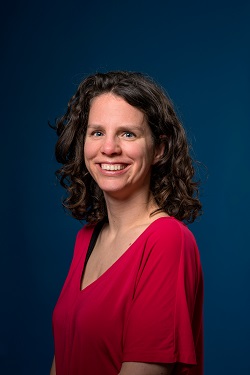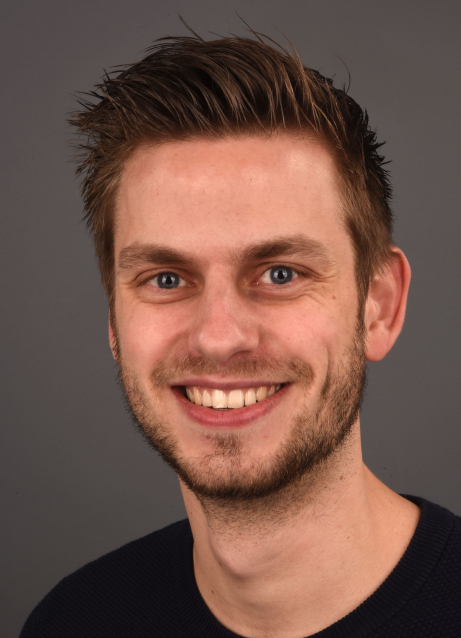Maastricht University and Avans University of Applied Sciences awarded €250,000 for forensic study of hair
Researchers at Maastricht University (UM) and Avans University of Applied Sciences are developing a method that enables person profiling on the basis of hair. These data can play an important role in forensic research. The Netherlands Forensic Institute and the National Forensic Investigation Team of the Dutch police also participate in this research project. They will be using the new method. The universities will receive €250,000 in funding from the Dutch Taskforce for Applied Research for a 2-year project entitled SherLOK.
‘Who did it?’, ‘What happened?’ and ‘When did it happen?’: these questions are at the heart of forensic research. Any information that helps find the answers to them is important. Forensic investigators may often find traces such as hair, blood or saliva at a crime scene that do not show a DNA database match. In the future, however, these investigators may be able to use the hair to track down the person who left it – be it a witness, victim or perpetrator of a crime.
Profile
Hair grows about 1 centimetre a month and shows traces of food and of alcohol, nicotine, drug and medication use. This means a 10-centimeter lock of hair offers clues to the past 10 months. At the moment, researchers can analyse hair for traces of alcohol, drugs and nicotine. The aim of the SherLOK project is to come up with a new method for analysing a wider range of substances in one go. This will enable the researchers to get insight into the lifestyle of the person whose hair it was. This information can be used for a number of purposes, for example to compile an offender’s profile or help acquit a suspect.
Collaboration between research university, university of applied sciences and industry
For the SherLOK project, UM and Avans University of Applied Sciences have teamed up with the Netherlands Forensic Institute, the National Forensic Investigation Team of the Dutch police, a forensic practitioner and specialists from the University of Amsterdam and KU Leuven.
Part of the scientific research is conducted at UM, which has state-of-the art imaging equipment. As the next step, researchers from Avans University of Applied Sciences in Breda will help professionals from the Netherlands Forensic Institute and the National Forensic Investigation Team to start working with this new method. Avans students of the Bachelor of Chemistry and the Bachelor of Biology and Medical Laboratory Research help conduct the study.
Also read
-
Nienke Verstegen, researcher at De Forensische Zorgspecialisten, has conducted research on aggression within forensic care and its impact on patients and staff. On July 6, 2023, she will receive her PhD from Maastricht University with her dissertation 'Hurt people hurt people. Characteristics and...
-
Patients admitted to hospital due to a severe COVID-19 infection exhibit no evidence of brain damage caused by the disease. This is the conclusion of an extensive study led by Maastricht University.
-
Due to the Western lifestyle with a high fat diet combined with little exercise, more and more people in the Netherlands are overweight or even obese. This causes an increased risk of type II diabetes. What can be done about this besides a healthier lifestyle? The answer comes from an unexpected...


